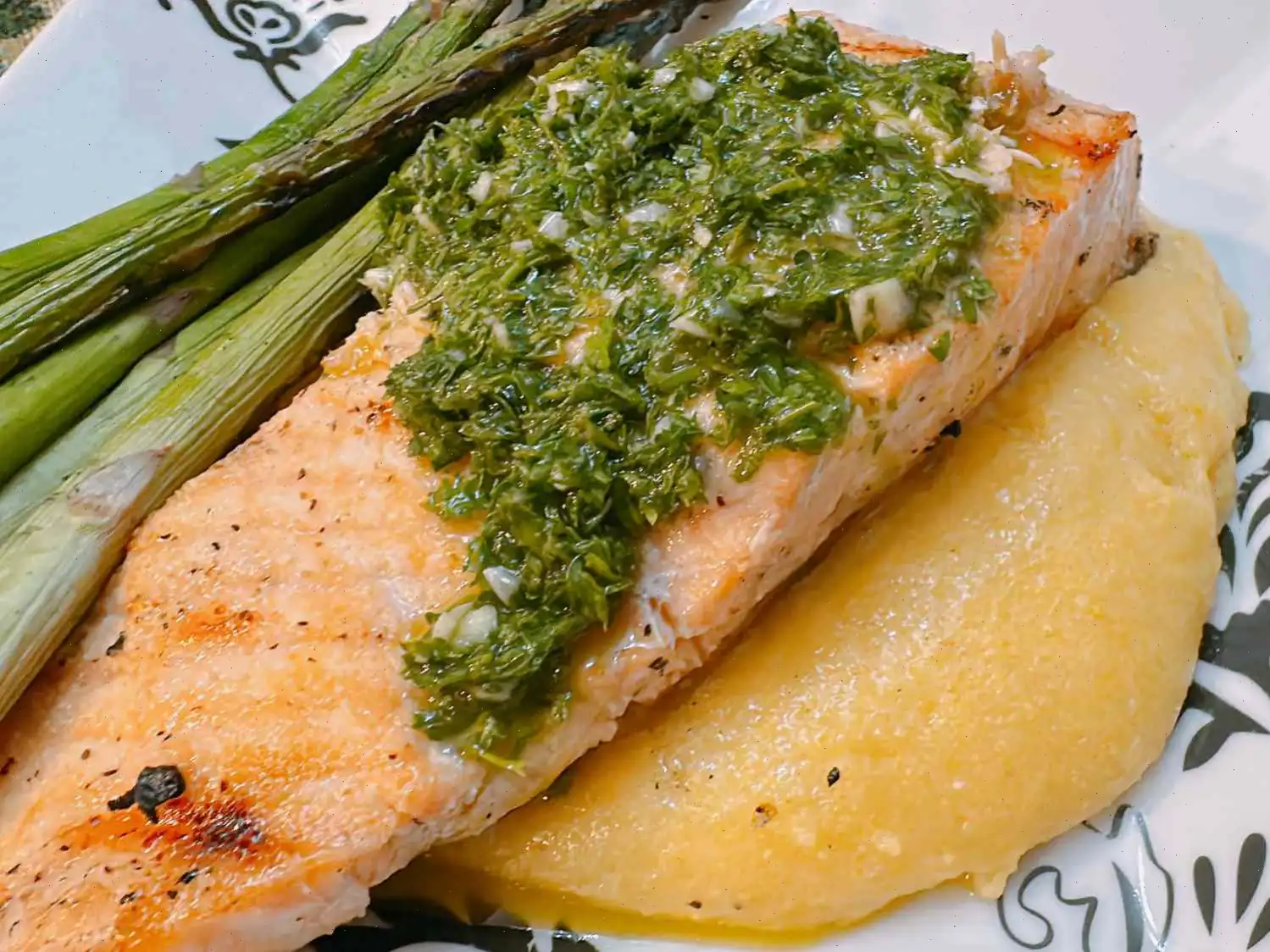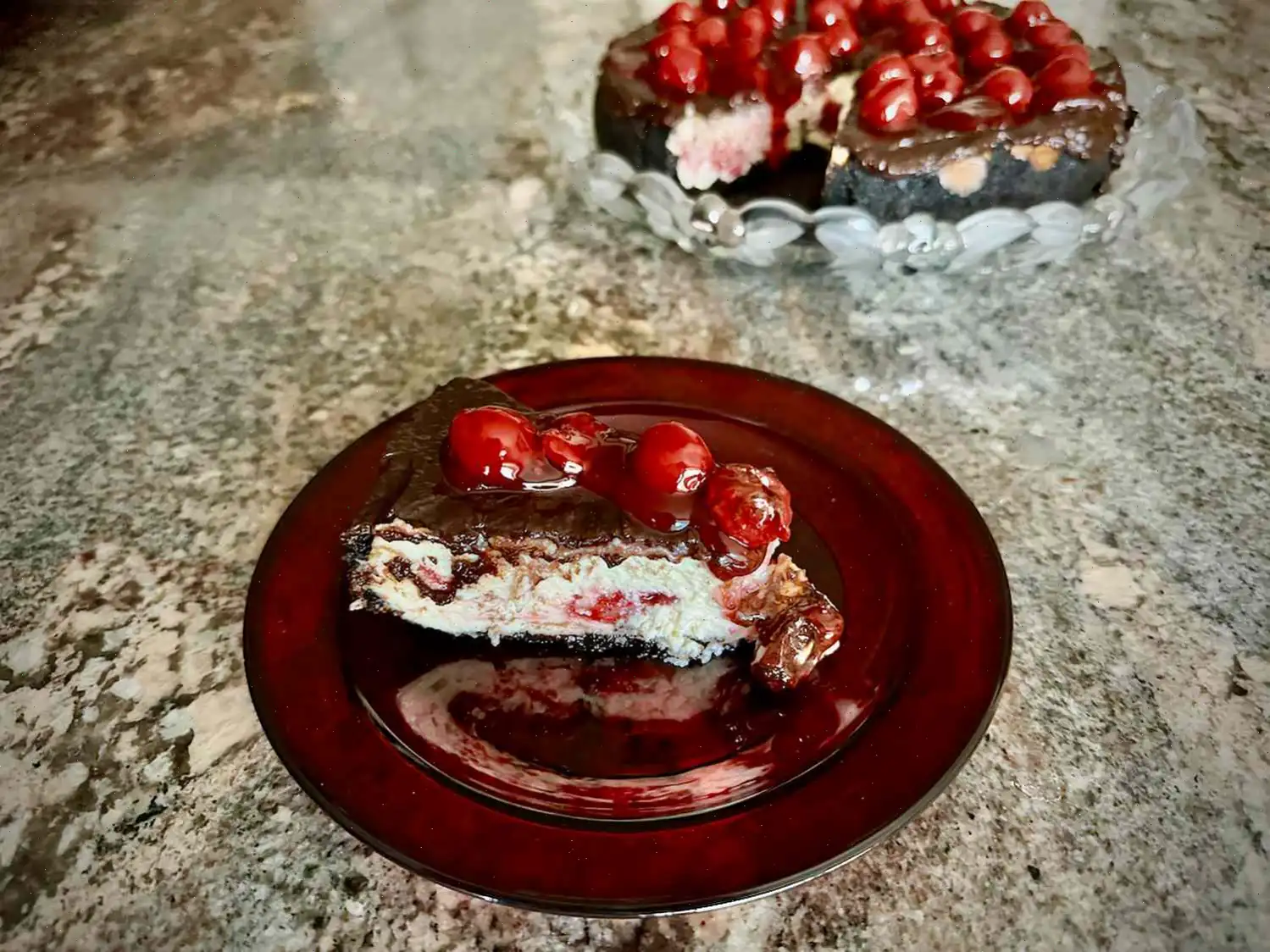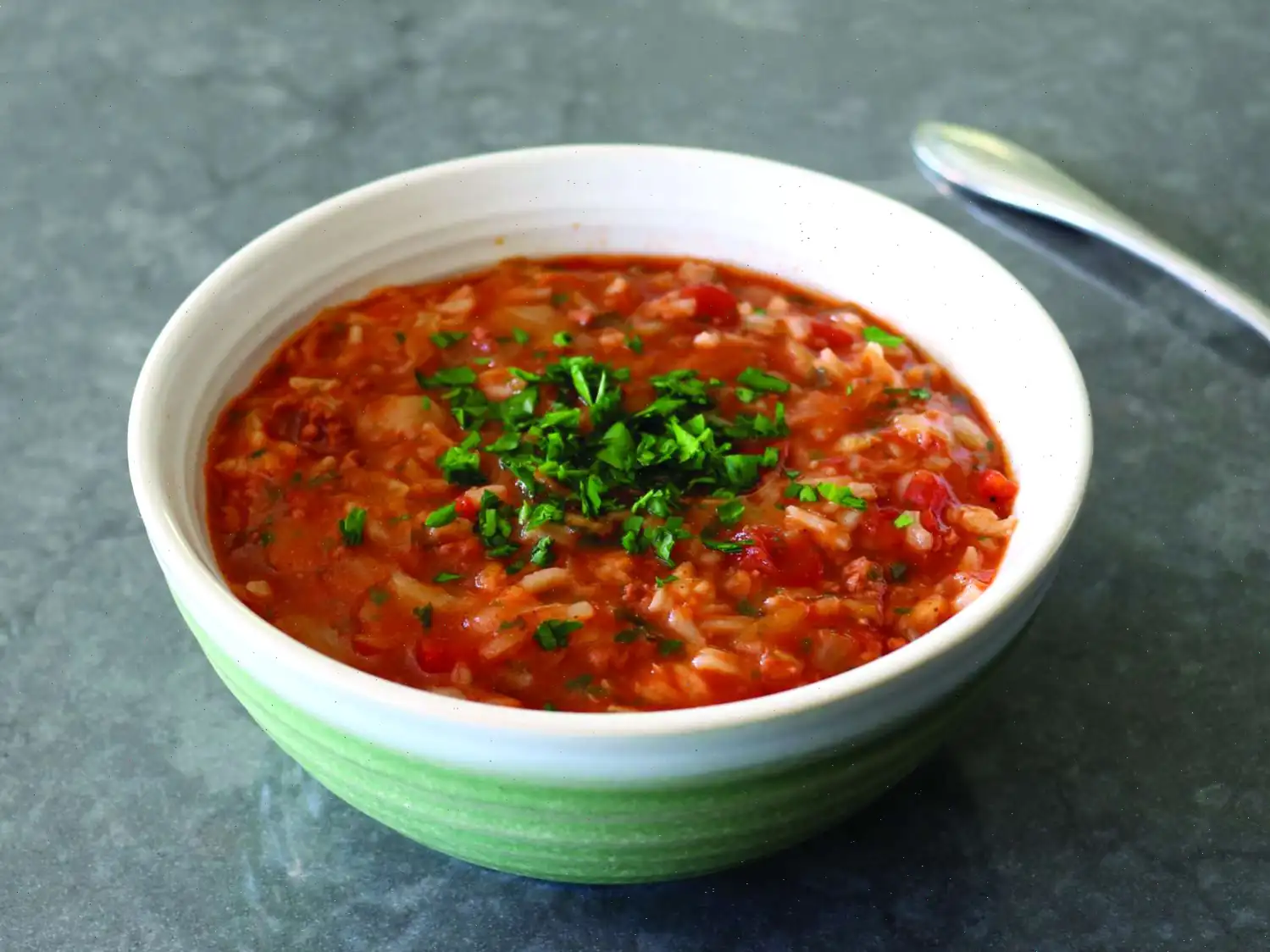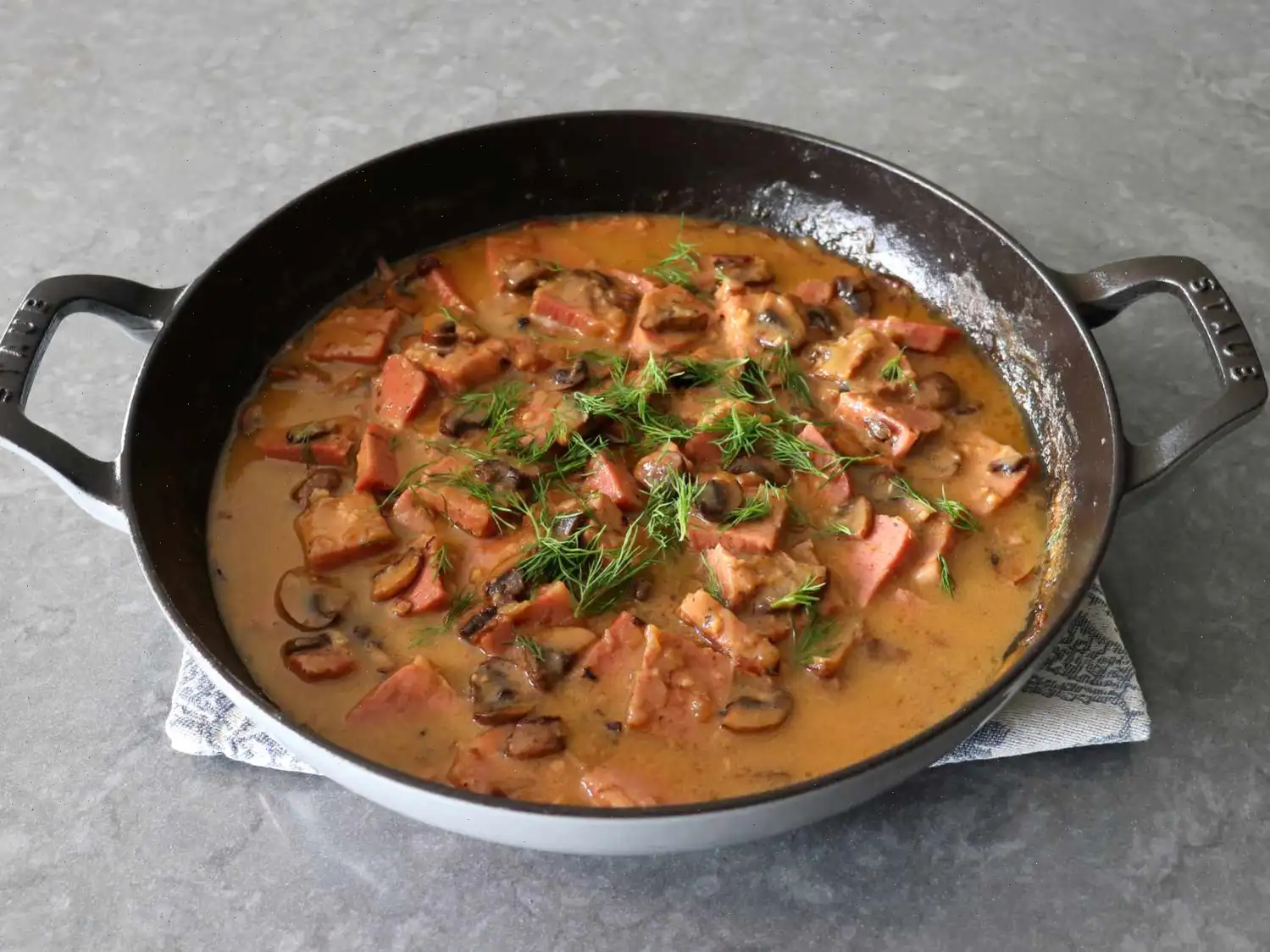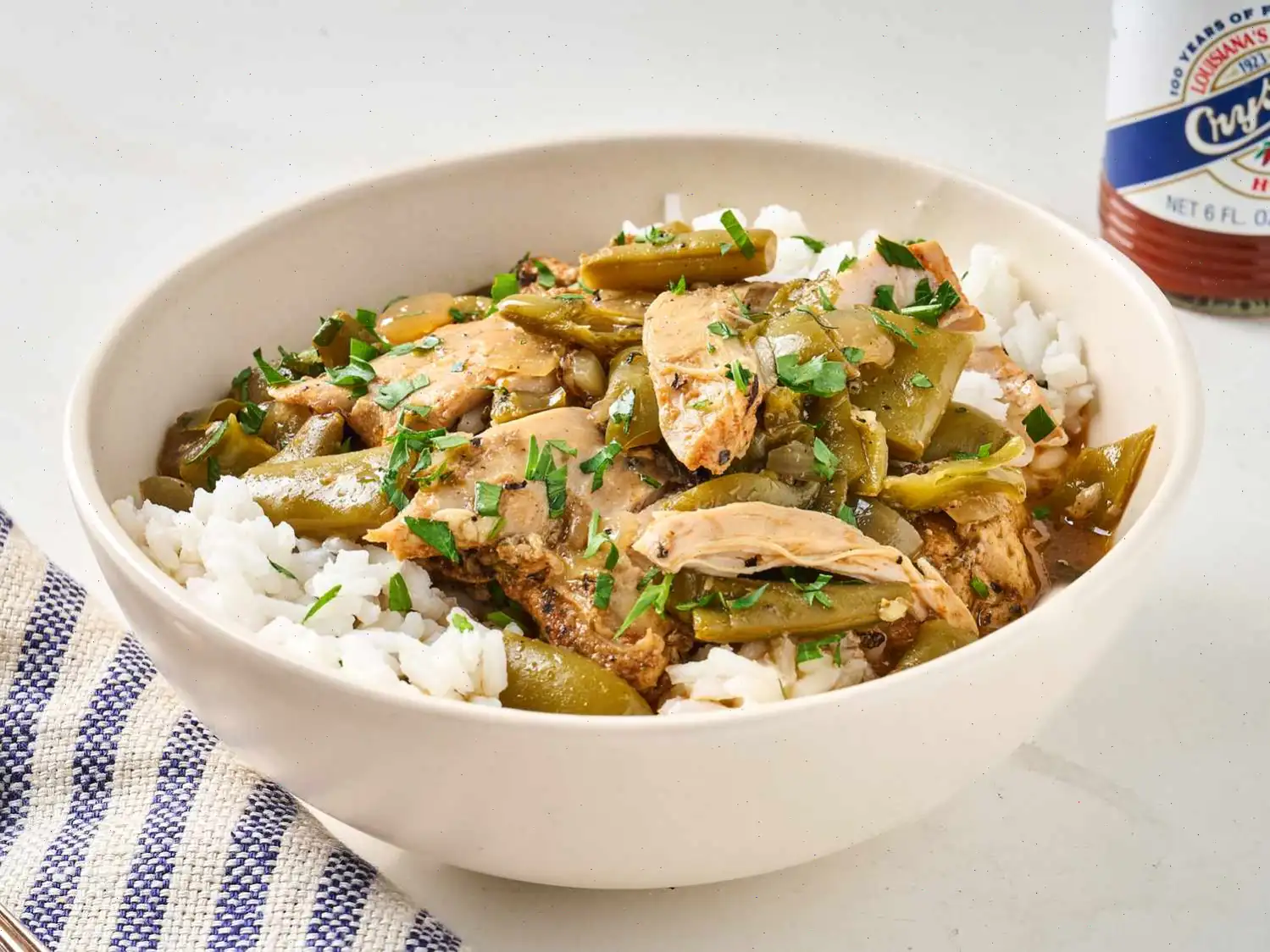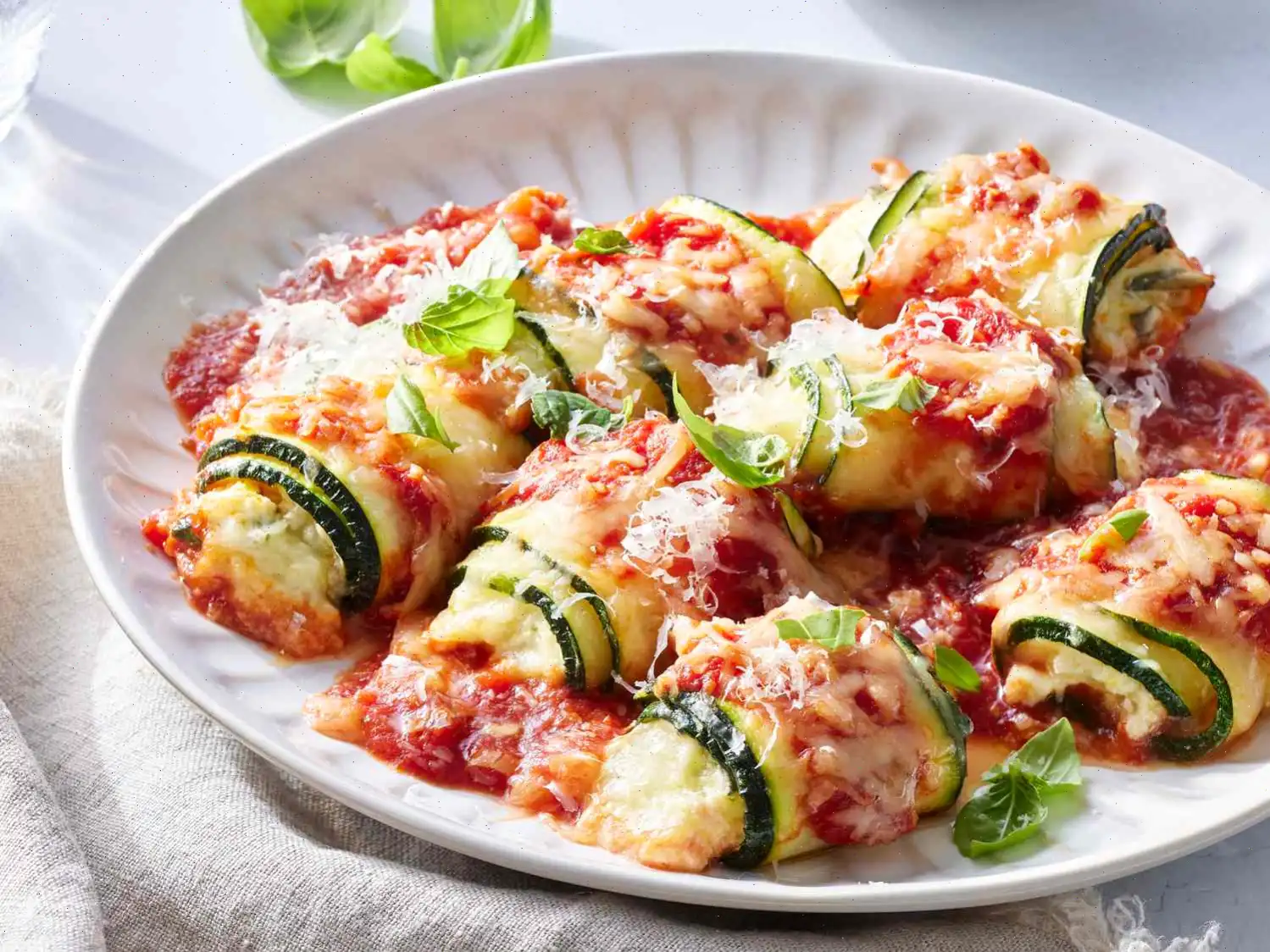
Receta de salmón a la parrilla con chimichurri
Salmón a la parrilla con chimichurri es un plato delicioso y saludable, ideal para una barbacoa de verano. La combinación del salmón ahumado a la parrilla con la salsa chimichurri, que tiene un sabor ácido y lleno de hierbas, seguro que sorprenderá a tus invitados. Esta receta es fácil de hacer y se prepara en solo unos minutos, lo que la convierte en una opción excelente para una comida rápida y sabrosa.
Ingredientes
Salsa de Hierbas (Chimichurri)
- 2 dientes de ajo, pelados
- 1 chalote pequeo, picado finamente
- 1 manojo de perejil rizado fresco
- 1 manojo de cilantro fresco
- 4 ramitas de eneldo, al gusto
- 2 cucharadas de jugo de lima recin exprimido
- 3 cucharadas de vinagre a tu preferencia
- 1/2 taza de aceite de oliva extra virgen
- Ralladura de media lima
- Sal y pimienta negra recin molida al gusto
- Opcional: 1 cucharadita de hojuelas de chile rojo
Filetes de Salmn
- 8 filetes de salmn de aproximadamente 85 gramos cada uno
- 2 cucharaditas de ajo en polvo
- 1 cucharadita de mezcla de hierbas italianas
- Sal y pimienta al gusto
- Aceite de oliva para pincelar
Preparacin
1. Elaborar el Chimichurri
Coloca los ajos y el chalote en un procesador de alimentos y pulsa hasta que queden finamente picados. Agrega el perejil, el cilantro, el eneldo, el jugo de lima y el vinagre. Tritura todo hasta obtener una mezcla homognea, conservando algo de textura.
2. Emulsionar la Salsa
Mientras el procesador sigue en funcionamiento, vierte lentamente el aceite de oliva para que se integre completamente y se forme una emulsin. Incorpora la ralladura de lima, ajusta con sal y pimienta, y aade las hojuelas de chile si deseas un toque picante. Refrigera hasta el momento de servir.
3. Preparar la Parrilla
Precalienta la parrilla al aire libre a temperatura alta, entre 230 y 290C, lista para cocinar directamente sobre el fuego.
4. Condimentar el Salmn
Pincela los filetes de salmn con aceite de oliva sobre la superficie de la carne. Espolvorea el ajo en polvo, las hierbas italianas, la sal y la pimienta de manera uniforme para intensificar el sabor.
5. Cocinar a la Parrilla
Coloca los filetes con la piel hacia abajo sobre la parrilla caliente. Cocina sobre fuego directo durante 6 a 8 minutos antes de girarlos con cuidado.
6. Terminar la Coccin
Cierra la tapa de la parrilla y contina cocinando por 4 a 6 minutos ms, hasta que el salmn se desmenuce fcilmente al probarlo con un tenedor.
7. Presentacin
Traslada los filetes a una fuente para servir y deja reposar un par de minutos. Retira la piel y coloca sobre cada porcin una generosa cucharada de chimichurri antes de disfrutar.
Informacin Nutricional por Porcin
- Caloras: 309
- Grasas totales: 24 g (31% VD)
- Grasas saturadas: 4 g (20% VD)
- Colesterol: 54 mg (18% VD)
- Sodio: 132 mg (6% VD)
- Carbohidratos: 3 g (1% VD)
- Fibra diettica: 1 g (3% VD)
- Azcares: 1 g
- Protenas: 19 g (39% VD)
- Vitamina C: 12 mg (13% VD)
- Calcio: 30 mg (2% VD)
- Hierro: 1 mg (5% VD)
- Potasio: 420 mg (9% VD)
El salmn a la parrilla con chimichurri es un plato que fusiona maravillosamente las tradiciones culinarias latinoamericanas con los sabores intensos y frescos del salmn. El chimichurri, la vibrante salsa verde que acompaa al pescado, tiene sus orgenes en Argentina y Uruguay, donde ha sido un condimento esencial para las carnes asadas durante siglos. Tradicionalmente, se elabora con perejil, ajo, vinagre y aceite de oliva, pero con el tiempo ha dado lugar a diversas variaciones regionales, cada una reflejando los gustos locales y las hierbas disponibles. La combinacin de esta salsa con el salmn es un giro ms moderno, fusionando el toque latinoamericano con la gastronoma de mariscos de Amrica del Norte.
Variaciones Regionales y Adaptaciones Locales
Aunque el chimichurri clsico es predominantemente de Argentina y Uruguay, en pases de toda Amrica Latina se han hecho adaptaciones con pequeas diferencias. En Brasil, por ejemplo, a menudo se aade cilantro junto al perejil, mientras que en Chile, el jugo de limn o lima puede reemplazar al vinagre para darle un toque ms cido. El uso de chimichurri con salmn resalta el acceso de las regiones costeras a los mariscos frescos, particularmente en el Noroeste del Pacfico de Estados Unidos, donde el salmn, rico y aceitoso, complementa perfectamente la salsa herbcea y ligeramente cida. Cada regin aporta un equilibrio nico de acidez, picante y frescura, haciendo que el plato sea verstil y profundamente enraizado en los sabores locales.
Qu lo Hace Diferente de Otros Platos Similares?
A diferencia de otras recetas de salmn a la parrilla que dependen exclusivamente de marinadas o glaseados, la adicin de chimichurri introduce un contraste fresco y herbceo con la riqueza natural del pescado. Mientras que el salmn con mantequilla de limn o teriyaki enfatiza la dulzura o la grasa, el chimichurri crea un perfil brillante y cido que eleva el sabor sin opacarlo. Adems, el uso de hierbas frescas en la salsa garantiza que cada bocado lleve una calidad aromtica y crujiente, lo que lo diferencia de las salsas cocidas o al horno que suelen acompaar a los mariscos.
Dnde Se Encuentra Tpicamente Este Plato
El salmn a la parrilla con chimichurri se sirve comnmente tanto en restaurantes informales como de alta gama. En los restaurantes de costa, suele ser un plato destacado en los mens de verano, acompaado de verduras a la parrilla o papas asadas. Los asadores latinoamericanos tambin lo presentan como una opcin innovadora de mariscos, mostrando la salsa caracterstica de la regin junto con las tradicionales carnes a la parrilla. Cada vez ms, los cocineros caseros lo abrazan para sus parrilladas de fin de semana, valorando lo fcil y rpido que se puede preparar, mientras que todava ofrece una presentacin digna de un restaurante.
Datos Curiosos sobre el Chimichurri y la Combinacin con el Salmn
Curiosamente, se cree que el nombre del chimichurri proviene de la palabra vasca "tximitxurri", que significa "mezcla de varias cosas sin un orden particular", lo que refleja el carcter rstico y hecho a mano de la salsa. La combinacin de salmn con esta salsa es nutricionalmente complementaria: el salmn proporciona cidos grasos omega-3, saludables para el corazn, mientras que el chimichurri ofrece antioxidantes de las hierbas frescas. Esta combinacin no solo satisface al paladar, sino que tambin apoya una dieta equilibrada. Adems, asar el salmn con la piel puesta, como se recomienda en la mayora de las recetas, ayuda a retener la humedad y aade una textura crujiente que contrasta con la suave y herbcea salsa.

